The fight against corruption in Kenya is once again under the spotlight after Director of Public Prosecutions Renson Ingonga moved to withdraw graft charges against former Migori Governor Okoth Obado.
For over four years, Obado has been battling corruption charges worth Ksh505 million, and this sudden decision by the ODPP has left many Kenyans questioning whether the justice system is still serious about tackling high-level corruption.
Instead of seeing the case through to its conclusion, the ODPP announced that it had entered into a plea bargain deal with Obado, a move that immediately drew public outrage. What makes this decision even more controversial is the fact that the Ethics and Anti-Corruption Commission has denied signing off on this agreement, raising concerns about whether the process is legal or simply a backroom arrangement to let a politically connected individual escape punishment.
The ODPP told the court that Obado had reached a plea bargain that could bring an end to one of the country’s most high-profile graft trials. The case involved over half a billion shillings that was allegedly stolen from Migori County, a county that still struggles with basic services.
The EACC’s decision to publicly distance itself from the deal has only fueled fears that this is yet another example of Kenya’s justice system protecting the powerful while failing ordinary citizens.
Both the ODPP and EACC requested a one-month adjournment to continue their negotiations, saying they were at an advanced stage of talks.
But critics see this as a deliberate attempt to water down the charges and give Obado an easier way out.
When Obado was first charged in August 2020, investigators accused him of running a scheme that looted county funds through fraudulent contracts.
The EACC initially sought to recover over Ksh1.9 billion, but the current plea bargain has drastically reduced this figure to Ksh505 million. This reduction raises questions about how much justice Kenyans will really get if the deal is approved.
Court records revealed that Obado allegedly used 13 companies to loot county funds between 2013 and 2017, with some of the stolen money allegedly going directly to his children.
He faced charges ranging from abuse of office to money laundering and unlawful acquisition of public property, charges that could have led to serious jail terms if proven in court.
The sudden decision to pursue an out-of-court settlement risks wiping away years of investigative work and denying Kenyans a chance to see full justice done.
This was supposed to be a test case for Kenya’s fight against county-level corruption, yet Ingonga’s move now threatens to turn it into another example of impunity.
If the court approves this plea deal, it will send a dangerous message that those with money and connections can negotiate their way out of accountability. The country’s justice system cannot afford to keep disappointing citizens who are demanding transparency and fairness.
For Renson Ingonga, this decision will define his legacy as DPP, and Kenyans will remember whether he stood on the side of justice or the side of impunity.



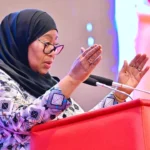




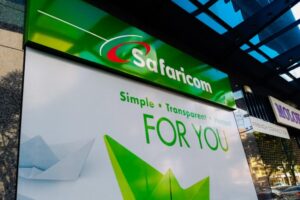

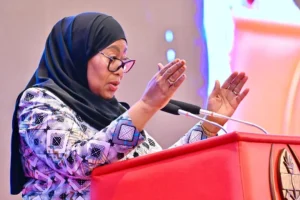
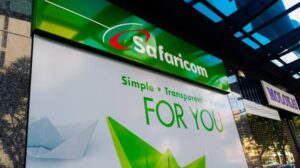

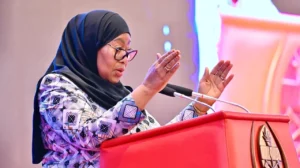

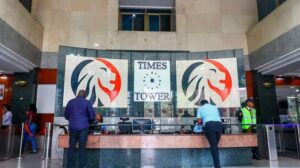
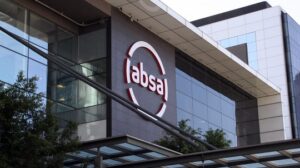
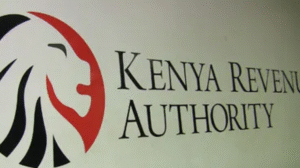


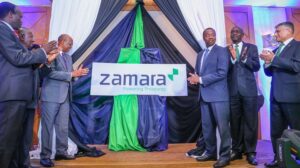
Add Comment